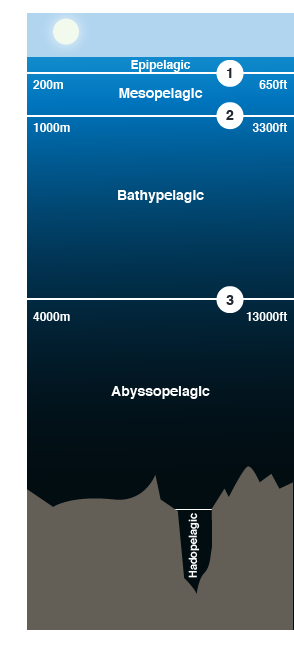The Project
DO-RE-MI will examine the influence of different environmental factors on the processes of DOC degradation following an integrative approach. This approach includes 1) a multidisciplinary perspective that results from the varied expertise of the members and collaborators of the team, 2) a combination of different methodological tools originating in different disciplines (microbial ecology, bio- geochemistry, physical oceanography), 3) a multi-scale approach that includes both field and experimental studies and 4) a cross- system analysis, evaluation and interpretation of the results.
> The motivation
Incomplete biological degradation of organic matter makes possible the storage of DOC (RDOC) in the deep ocean for longer than the time scale of thermohaline circulation, enabling carbon sequestration.
> General objectives
- To quantify DOM remineralization in contrasting marine systems
- To test the relevance of the main primary source of the DOM in coastal waters for DOM remineralisation.
- To test the influence of inorganic nutrient availability, microbial community structure and its metabolic capability on the efficiency of DOM degradation in different marine systems
- To experimentally test whether DOC concentration and DOM chemical diversity can explain the limits of DOM degradation in the deep ocean
- To evaluate the role of different bacterial community structures in the degradation processes.
> The approach
Applying a multidisciplinary perspective to investigate the processes governing the transformations of dissolved organic matter in contrasting marine systems.
> The focus
Simplified scheme of DOM transformations in marine systems. The dashed box indicates the focus of the DO-RE-MI project. In the right box the modulating factors to be tested are listed.
SCHEME
> Hypotheses:
1. Part of the organic matter escaping decomposition in surface waters will remineralise in mesopelagic waters due to increases in nutrients availability or/and due to differences on microbial structure.
2. Decomposition in mesopelagic waters, in general, is not very fast. Since inorganic nutrients should not be limiting, the hypothesis we have is that labile C, in fact, regulates OM decomposition.
3. Organic carbon concentration in deep waters is too low and/or too diverse chemically to be susceptible to degradation. Additions of labile DOC will “prime” bacterial growth and allow it to further degrade the organic C.



